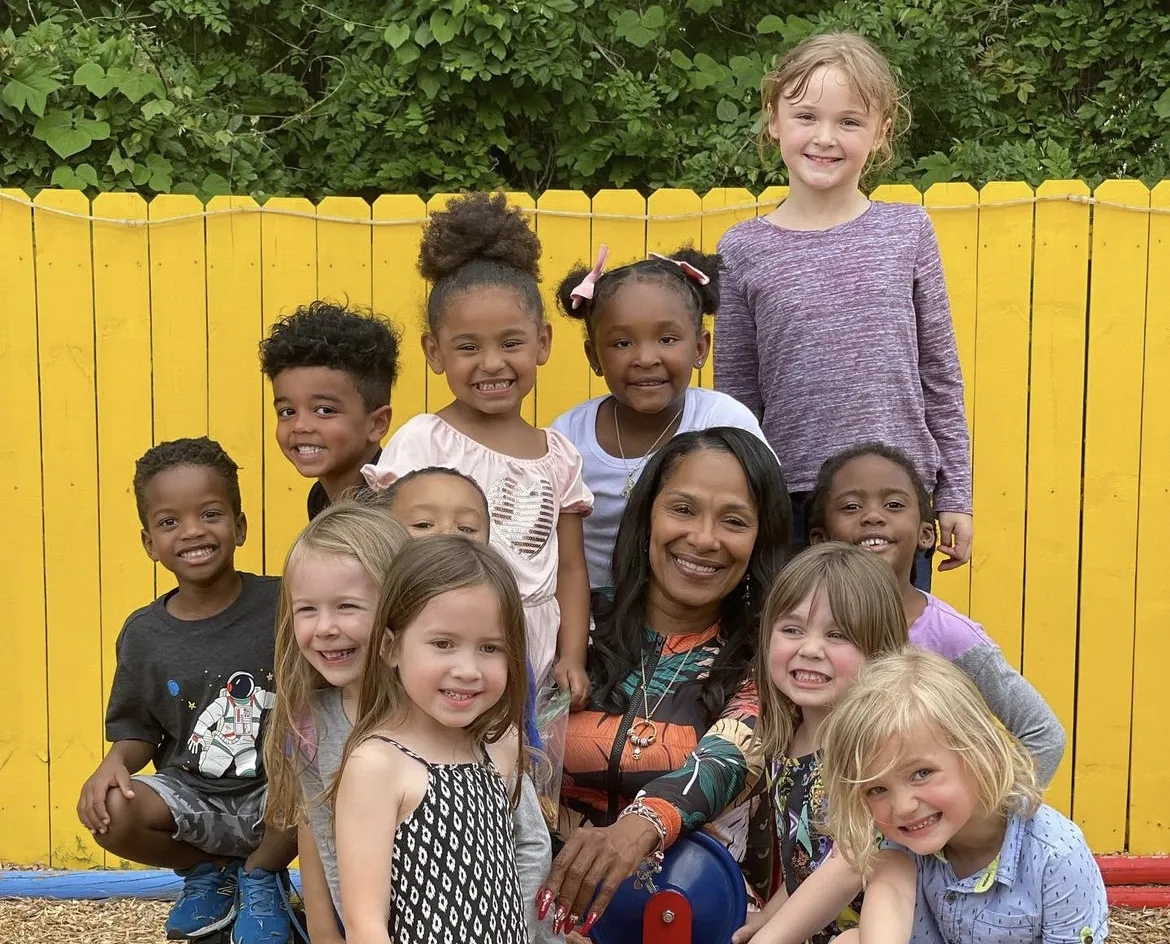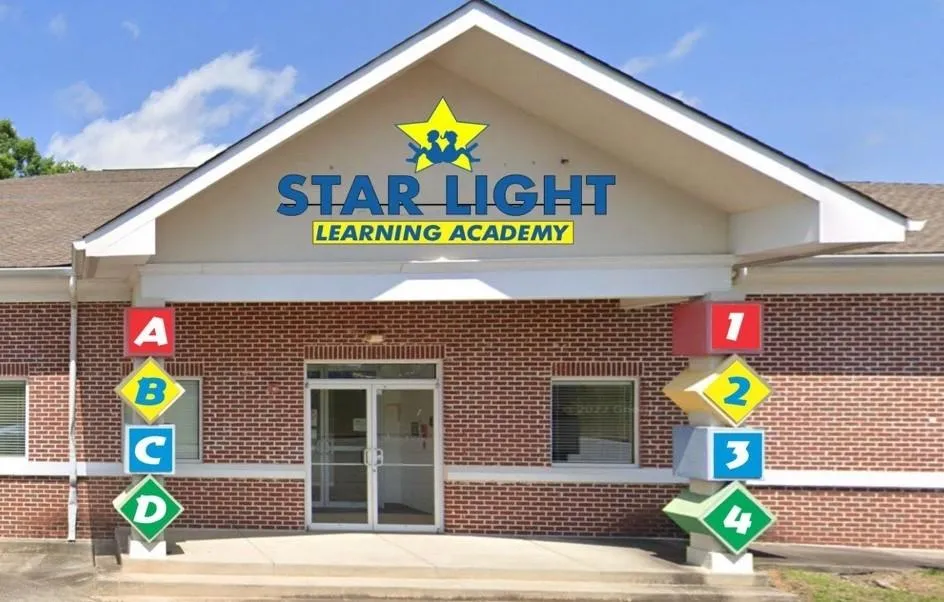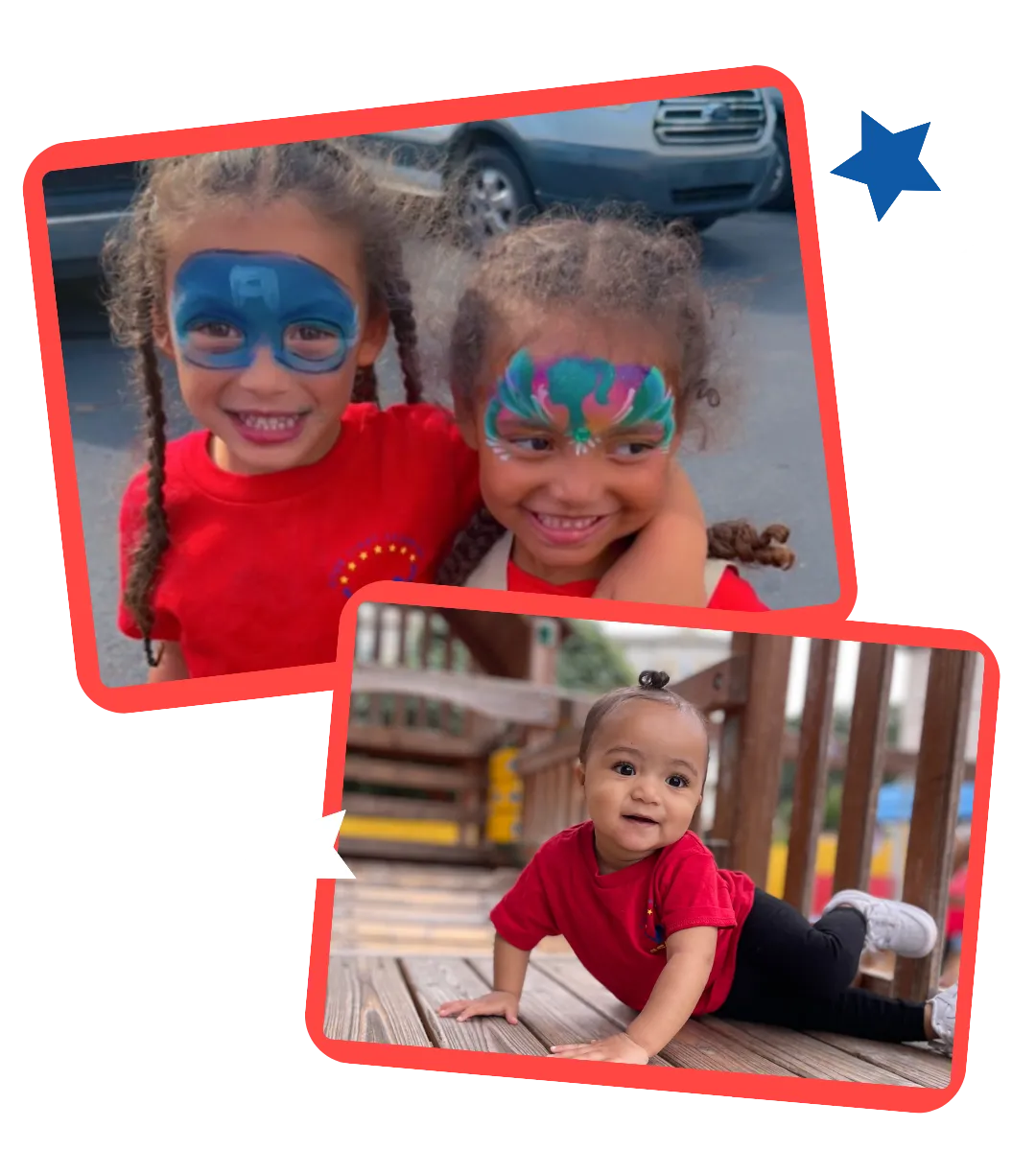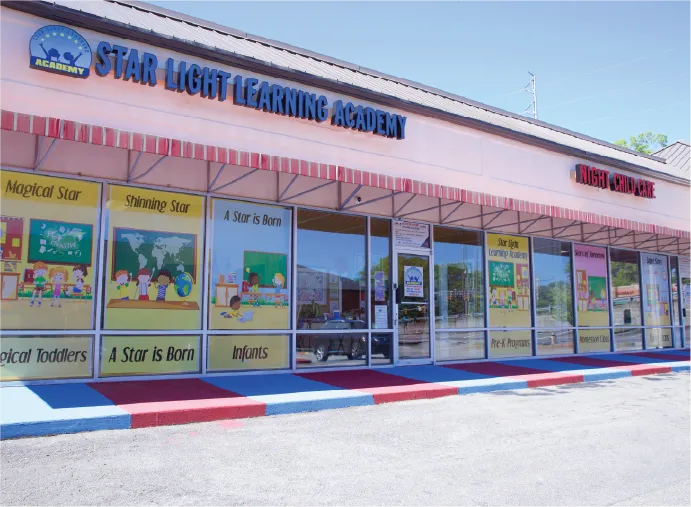
Where learning is fun and we all shine together!


CEDARCREST
OUR NEWEST LOCATION
Our new childcare center brings high-quality care and early education to even more children in Acworth, ensuring they have the best possible start in life.
2347 Cedarcrest Road, Acworth, GA 30101
Tel: (678)574-0951
ABOUT STAR LIGHT LEARNING ACADEMY
Welcome to Star Light Learning Academy, where learning is fun and we all shine together!
Our mission is to provide all children with a safe, enriching and fun learning environment where they develop the independence and confidence to explore the world around them. We have been educating children for over 15 years and our goal has remained the same - creating a place that engages each child and ensuring their unique needs are met.
We are here to support our children and their families, and that’s why we are proud to say, we are open 6 days a week (closed Sundays)! We provide 24x7 access to child care across our locations, so whenever you need us - we are there!
With three locations already illuminating young minds, we’re excited to announce that our brand-new Acworth location is open and ready to make a difference!
Every day at Star Light Learning Academy is an opportunity to reach for the stars!


